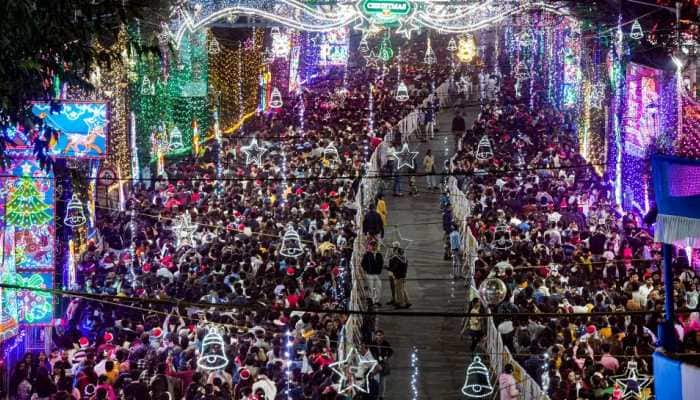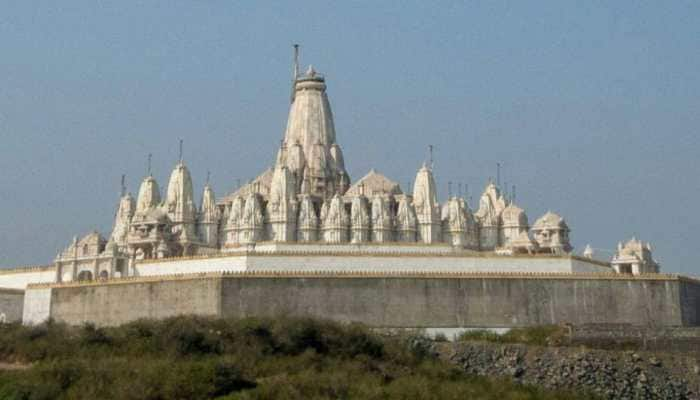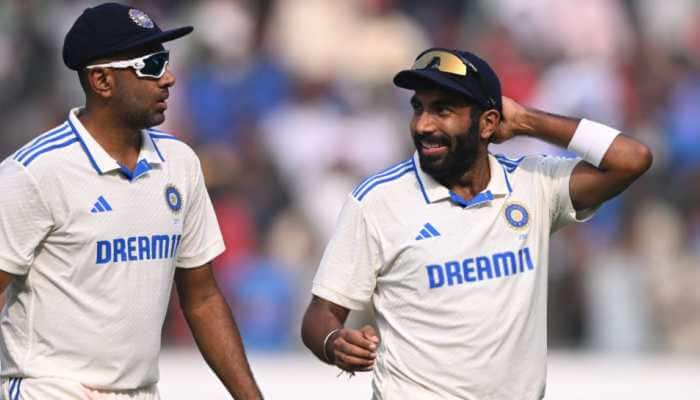Centre To Implement 'One Nation, One Election' In This Term, Says Report
Sources indicate that the NDA government, despite not holding an absolute majority in the Lok Sabha this term, is confident that ONOE will be realized during this tenure.
Trending Photos
)
The BJP-led National Democratic Alliance (NDA) government is preparing to implement the 'One Nation, One Election' (ONOE) policy within its current tenure, according to sources cited by the Press Trust of India (PTI). This significant electoral reform has been a long-standing agenda of the BJP, and Prime Minister Narendra Modi has reiterated his commitment to it throughout his political campaign.
Government's Confidence in Passing ONOE
Sources indicate that the NDA government, despite not holding an absolute majority in the Lok Sabha this term, is confident that ONOE will be realized during this tenure. The BJP secured 240 seats in the most recent elections, falling short of the 272 needed for a single-party majority. However, with the support of its allies, the government is optimistic that it will garner cross-party backing for the simultaneous polls reform.
The ONOE policy aims to streamline the election process by holding both national and state elections at the same time. Advocates argue that it will reduce the frequent electoral cycles that currently dominate Indian politics and hinder governance.
Prime Minister Modi's Advocacy for ONOE
In his 11th consecutive Independence Day speech on August 15, Prime Minister Modi called for political parties to come together in support of the ONOE initiative. He emphasized that repeated elections at different levels of government are a "hurdle to India's progress." This vision of simultaneous elections was also a key promise in the BJP's election manifesto.
Throughout his campaign for a third term, Modi promised that major reforms would be undertaken, and ONOE is seen as one of the central goals of this government.
The momentum for ONOE gained further traction when a panel led by former President Ram Nath Kovind submitted its report earlier this year. The committee's findings, delivered to President Draupadi Murmu, strongly endorsed the idea of conducting simultaneous Lok Sabha and assembly elections. The report has been pivotal in shaping the discourse around ONOE, lending further credibility to the reform.
Overcoming Political and Legislative Challenges
Despite the NDA’s determination, implementing ONOE will require overcoming both political and logistical challenges. As ONOE would necessitate constitutional amendments and modifications to electoral laws, the government will need to ensure support from opposition parties and regional players. However, sources suggest that the government believes there is sufficient political will to push the reform forward during this term.
The BJP-led NDA government has positioned ONOE as a reform that will bring stability and efficiency to India’s electoral system, marking it as a cornerstone of their current administration. With Modi’s strong endorsement and the backing of key institutional reports, the path toward implementing 'One Nation, One Election' seems to be unfolding within the coming years.
Stay informed on all the latest news, real-time breaking news updates, and follow all the important headlines in india news and world News on Zee News.
Live Tv







)
)
)
)
)
)
)
)
)
)
